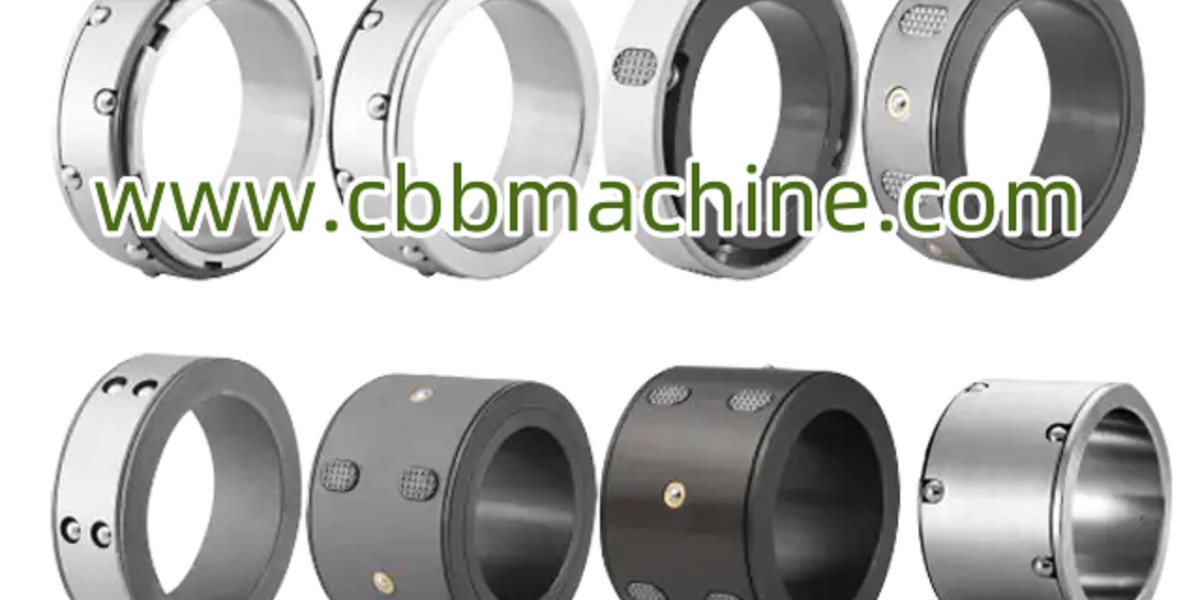Differential Shaft manufacturers play an essential role in providing industrial equipment that supports precise tension control and efficient multi-roll winding. These specialized components are vital for converting, slitting, and rewinding applications across a variety of industries, including printing, packaging, paper, film, and textiles.
A differential shaft is designed to allow multiple cores of different tensions or winding diameters to be mounted and wound simultaneously. This is accomplished through a mechanical or pneumatic system that enables individual slip, where each core can rotate slightly independently while maintaining uniform web tension. The design ensures that material is wound smoothly and consistently without tension loss, even when the roll diameters vary during the process.
Industries that rely on high-speed converting and slitting operations benefit greatly from the functionality of differential shafts. These shafts help minimize product defects, material waste, and equipment downtime. By maintaining accurate tension for each roll, they contribute to improved product quality and process reliability.
The construction of a differential shaft typically includes friction rings, torque units, or air-controlled sleeves that respond to pressure changes to control the slip. Each component is carefully calibrated to ensure long-term performance under varying operating conditions. Attention to detail in the shaft's design directly influences the efficiency and stability of the production process.
One of the advantages of using differential shafts is their ability to reduce stress on the material. When winding delicate or stretchable materials, excessive tension can cause deformation or misalignment. With a differential shaft, each core receives only the amount of torque it needs, preserving the integrity of the product.
Choosing the right differential shaft depends on several factors, including material type, core diameter, web speed, and tension range. Shaft configuration may differ depending on the machine layout and process requirements. Manufacturers may offer options for different locking mechanisms, shaft materials, and custom dimensions to suit unique applications.
Durability is another key consideration. A differential shaft must be constructed from materials that can withstand repeated use and high-speed rotation. Common materials include hardened steel, aluminum, and specialized alloys, selected for their strength, wear resistance, and low maintenance properties.
In addition to product design, the service and support provided by manufacturers can influence operational success. Reliable manufacturers often provide consultation, customization services, and follow-up support to ensure the shaft operates as intended in real production environments. Training on proper usage and regular maintenance further enhances the shaft’s lifespan and effectiveness.
Differential shafts are a solution to increasingly complex industrial needs, especially where efficiency, automation, and consistent quality are priorities. As manufacturing technology continues to evolve, differential shafts are being integrated with advanced systems for automated pressure control, remote monitoring, and digital diagnostics.
By working with experienced professionals in the industry, companies can obtain shafts tailored to their operational goals. These partnerships not only provide access to high-quality products but also enable long-term optimization of manufacturing processes.
In conclusion, differential shafts are critical components for any industrial setting that requires precise, multi-roll winding. From their ability to manage tension differences to the flexibility in design and application, these shafts offer an efficient, cost-effective solution. With careful selection and support from qualified Differential Shaft manufacturers, businesses can enhance production stability, reduce waste, and meet the demands of competitive manufacturing.
Explore how manufacturers tailor differential shafts to specific production requirements for better efficiency and control. www.cbbmachine.com







